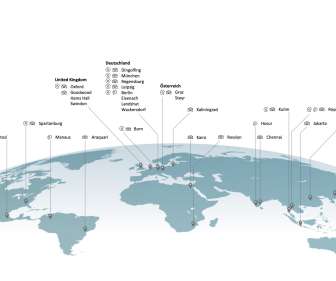Proposed California Bill SB-233 Mandates Bidirectional Charging for EVs to Advance Grid and Climate Protection
Driivz
MAY 15, 2023
The bill, SB-233 , aims to advance grid resilience and protect the climate by using EVs as “batteries on wheels,” tapping their stored energy to balance electricity supply and demand rather than bringing high-polluting peak generators online. California, the EV adoption and clean energy leader in the U.S.,












Let's personalize your content